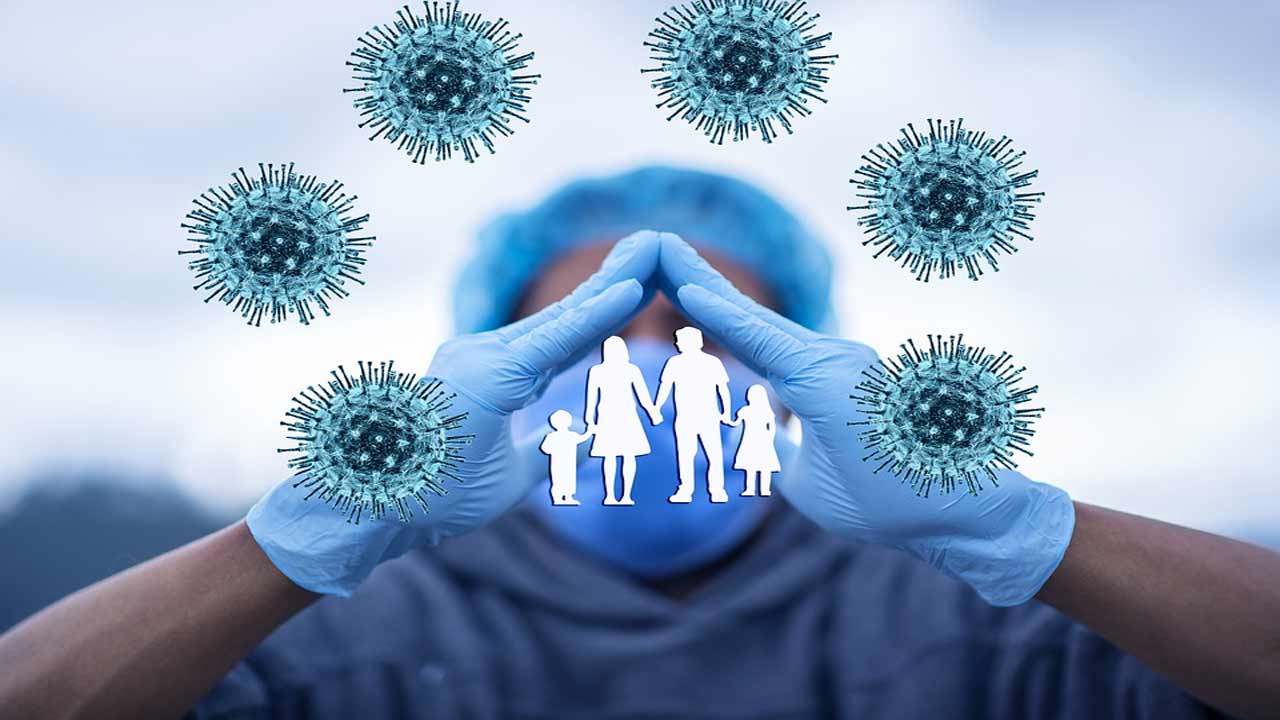Ever since the first case of novel coronavirus was reported in India, all attention has shifted to COVID-19 patients. This has put non-COVID patients at the receiving end. The thing that one needs to worry about, according to experts, is that no one is ready to discuss the day to day problems that the non-COVID patients are facing due to the pandemic.
There are several doctors who feel that proper attention should be given to non-COVID patients seeking medical treatment for various other chronic diseases.
Here’s what some of the doctors have to say on this:
Dr Kapil Kochhar – Additional Director, Department of Minimal Access Surgery, Fortis Hospital, Noida – said “In my opinion coronavirus is not going away anytime soon. The lockdown has brought a harrowing time on non-COVID patients. The non-COVID patients should be given well-spaced out appointments and universal precautions should be followed. The doctors and staff can use PPE kits while seeing patients. All attempts should be made to minimize the patients’ stay at the hospital. Less social talk and faster payment methods should be used. All the workers in the establishment should be screened on a daily basis.”
Dr Swadeep Srivastava – Founder & Chief Belief Officer at India Virtual Hospital (IVH), Noida – said “The non-COVID patients have been facing underlying problems due to COVID panic. It has been seen that during this pandemic, the non-COVID patients are the greatest sufferers. Most of them are in trouble due to the obstruction in regular healthcare services delivery. Ever since the outbreak of COVID-19, everybody was only talking about the COVID-19. But there was no discussion around the day to day problems that the non-COVID patients with fatalities have been facing due to the panic. A deliberate discussion is very much required around the stigma created by COVID-19 and in the post-COVID-19 scenario, where the healthcare professionals, as well as institutions, will be required to address the comprehensive patient care to avoid the crisis of non-COVID patients.”
ALSO READ | Home Care, Telemedicine Turn Out To Be Solutions For COVID-19 Management: Dr KK Aggarwal
Dr Salaah Qureshi – MD, Internal Medicine, AXIS Hospital, Mumbai – said “In all fervour around COVID-19, we forget that there are other people who need care too. There are many chronic diseases that need to be taken care of. These can include relatively minor chronic diseases like diabetes and hypertension to serious ones like chronic renal failure and cancer. It is important to realise that these patients are immunocompromised, which is having a relatively weaker immune system than the general population. This might be because of the diseases itself or because of the treatment of said disease.”
“People suffering from these diseases need to follow their doctor’s instructions even more stringently than usual. Under no circumstance should treatment be changed. The most important thing is protecting them from exposure to COVID. As far as possible, these patients should be kept at home and isolated from high risk family members. They should not venture out unless it is an emergency. They can follow-up with their regular doctor via teleconference or video consultation. Family members and patients should be encouraged to wear masks at home and follow strict hand hygiene,” Dr Qureshi added.
Dr Vijay Kumar – Additional Director Interventional Cardiology, Fortis Escorts Heart Institute, Delhi – “Individuals should take all precautions of safety against catching COVID infection, not at the cost of their other medical conditions and comorbidities getting neglected. One should follow up on their other illnesses through teleconsult and physical visit if needed without fear of COVID or else they can deteriorate their other serious illness and fall in an emergency situation or even die of serious conditions like heart attacks. So, heart attacks like situation or chest pain happening at home and not taking medical consult could end up in disasters in COVID times. Stay safe but don’t be paranoid of COVID and suffer from other illnesses. Continue your medications for other medical conditions and follow up as before in pre-COVID times.”











